Despite the enormous value social media yield governments in communicating with citizens, there is scant research on the extent to which local governments are actually using social media for crisis communication efforts. As local governments continue to face diminishing budgets stretched time, and human, and fiscal resources even for the management of daily operations, it is imperative to reveal how social media can maximize efficiency in crisis management. In addition, given the extraordinary growth in social media use over the past few years, it is also important to evaluate if and how governments are using this technology to communicate with publics during crisis and incorporating it into their crisis communication plans.
Using survey data collected from more than 300 local government officials from municipalities across the United States, this study examined social media use in a relatively unexplored context, local governments. It specifically addressed the adoption and use of social media tools for crisis communication and social media’s part in managing a crisis. Results indicate the extent of social media use, but not the number of tools used, is positively associated with local city officials’ assessments of their ability to control a crisis situation as well as their overall evaluations of the strength of their responses.
Get Started for FREE
Sign up with Facebook Sign up with X
I don't have a Facebook or a X account
 Your new post is loading... Your new post is loading...
 Your new post is loading... Your new post is loading...

Elaine Li's comment,
August 22, 2013 7:47 AM
Hi, Steven, thank you for share this article. This is article talking about the benefit of using mobile apps for your internal crisis communication. Everyone need communicate with each other. People can communicate with each other through Internet, mobile phone or computer. I agree with Steven’s insight, not everyone have a computer with him or her all the time, but people have smartphone with Internet. Internet is a great tool for lager international organization that has employees all around world. So creating an app designed for company internal communication will let employees to improve their work efficiency. Use mobile apps allow works to contact to their team member at any time, send message and notification at particular time, share image, link and video and this app also can include some unique functions for your business. Using mobile technology for internal crisis communication can bring many benefits for the company and works.

Yujue Wang 1250401's comment,
August 23, 2013 12:24 AM
This is a good insight, mobile phone is getting more and more handy these days especially when everyone has smart phone on them, the internet access become another way of easy and cheap way of communication. We all know how hard and expensive it is to make a call overseas not to mention we have to calculate the time difference, so I totally agree to making a phone app that can help during unpredicted circumstances especially for big business that have companies all over the world. I also agree with the facts that worker need to have effective communications and if a phone call is missed it might delay things for days while a phone apps can hold the information and wait until someone read it when they get a chance. When it comes to internal crisis communication I think a multipurpose phone app can actually bring a lot of benefits for communication in a business.

Gladstone Leslie Samuel, PMP's curator insight,
September 11, 2014 10:24 AM
Mobility is the key in the current context.

Jeff Domansky's comment,
March 6, 2014 5:11 PM
Meredith Nichole in my opinion, this was so serious only the CEO should comment. If he was deemed unable or not empathetic enough, then next most senior should speak. They had no strategy for the tragedy.
Traci Bartgis's comment,
March 6, 2014 6:48 PM
I think it is embaressing that it took the CEO 5 days to respond to such a tragedy. Hopefully he can read this article and be more prepared if something like this happens again.
Katie Daugherty's comment,
March 7, 2014 3:37 PM
I like that this outlined exact things to do. A lot of articles just give general ideas, but this one told you actual restrictions. Waiting until the 5th day to respond to a crisis obviously isn't a smart thing to do, but having a statement within an hour is a good requirement. I think in a crisis situation, it's best to make sure the public knows you are reacting, whether there is a fully detailed plan or not.

Kymberley Pelky's curator insight,
July 11, 2013 8:28 PM
We need to keep in mind that this is breaking news and some of it will indeed be broken. |

Deanna Casey's curator insight,
September 15, 2014 9:54 PM
Urban Outfitters clothing and home goods store has many loyal customers purchasing their unique items and childish style. Although their style and products are well liked among young hipsters, they have always been known for their controversial saying on products. Many people take offense to their blunt choices of prints and designs that contain controversial messages. Recently, in this article by adweek.com, they posted a vintage faded Kent State University sweatshirt with dye blood splatters, or what seemed to be. The company only had one for sale and did not refer to the 1970 anti-war student protesters killed and wounded at the University. Social media took off on this negative advertised product from a company that is constantly looking to be a topic of discussion. Teen Twitter members were furious that the company they purchased from were insensitive to the tragic event in 1970. Urban Outfitters posted an apology that the stains on the shirt were in no way supposed to represent a blood stain or had any connection to the 1970’s shooting event at Kent State University. Social consumers are gathering this negative information about Urban and seeing the hate from many on social media sites, this would lead them to purchase from a competing brand. Urban Outfitters digital identity of the way they represent themselves has been becoming more negative in the past couple years. With their countless articles of clothing with drinking and drugs messages, and their customer base under the age of 21 their reviews on social media have been nothing but negative. I feel that Urban Outfitters wants any sort of media coverage, good or bad. Having the spotlight on them encourages consumers to search the site, and possibly like some of their products. Urban has a fan base of mainly hipsters, which are identified as stepping out of the box and doing things outside the lines, the company is doing the same just in more extreme cases. 
Amanda Wall's curator insight,
September 19, 2014 6:56 PM
Recently in class we were assigned a project where we could choose a for profit on non-profit organization I chose Urban Outfitters, one of the most recent controversial clothing companies in today society.
This article describes how Urban Outfitters is defending there vintage Kent State sweater, however, most people see through the vintage look and see it as nothing more than the tragedy that occurred in 1970. The Ohio National Guard fired on a group of unarmed anti-war student protestors at Kent State, resulting in four deaths and nine wounded. As to be expected people who know the background behind Kent State automatically assume the red "vintage" stains on the sweater is blood stains, whether the stains represents blood or not this specific sweater has respectfully been pulled off the shelves.

Luis V. Morales-Escobar's curator insight,
January 19, 2014 1:54 PM
Este es buenejemplo de analisis de puntos criticos

Hendy Han's curator insight,
September 26, 2013 4:19 AM
This is a great article that includes a great example from previous case from Taco Bell. Publicity fame can be a double edge sword, where company is vulnerable for negative comments. This article provide a lot of great PR techniques that a company could take advantage of. Once a company goes online, they have to understand that a negative publicity can bring down a company so fast. It is important to handle the situation in timely fashion and keep responding in a good way to the customers. When a company goes through social media, it is important not to just leave it as it be. It has to be tracked on how the audiences and customers think about the company. Here, the PR department plays a big role to maintain the company image. A good thing suggested in the company, is to always consider a compesation from a critical mistake that they have done.

Levi Norton's comment,
September 26, 2013 7:42 PM
In response to Hendy, I fully agree that if a company is in a publicity fame companies need to be prepared to respond to dissatisfied customers and reply to them as soon as possible if not the company could pay huge consequences . Great Read

Cindy Navarro's curator insight,
August 29, 2013 1:44 PM
It takes R & R: Relationship & Response to issues. 
Betty Carlin's curator insight,
August 29, 2013 2:23 PM
Great infographic! It's all about having a plan in place BEFORE you need it.

Monica McPherrin's curator insight,
August 29, 2013 8:10 PM
Always have a plan in case of an emergency.

Chris Abalain's curator insight,
August 19, 2013 6:37 PM
Business owners should always be considering what their actions will do for their reputation! 
Brad Dixon's curator insight,
September 9, 2013 6:19 PM
We help companies develop the plan and then procide the system to run it smoothly. Check us out at http://www.reviewwatchman.com |




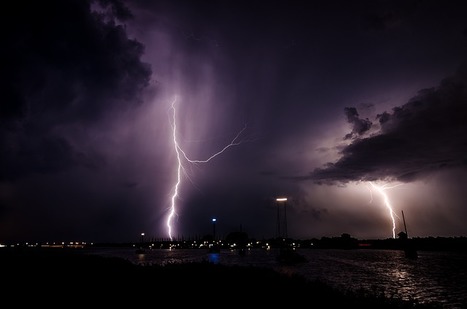

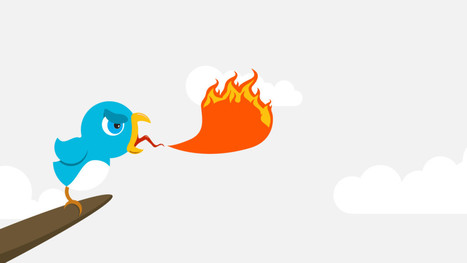
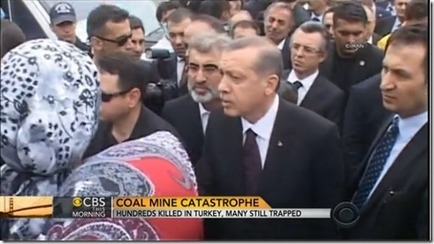

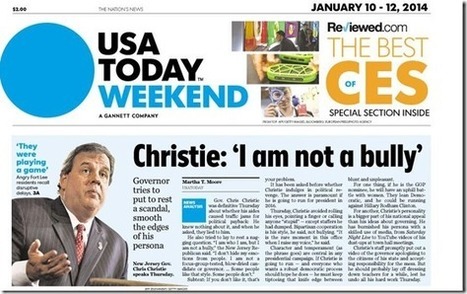








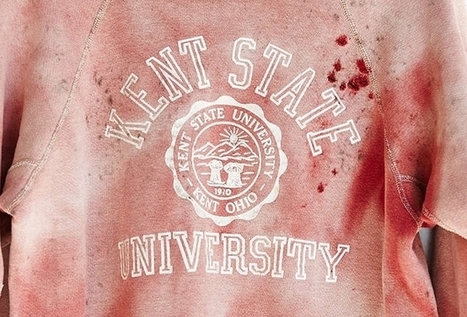
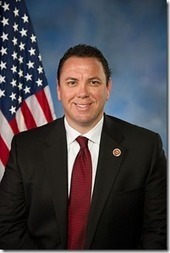
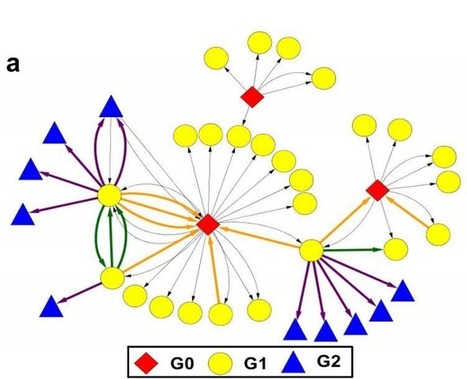





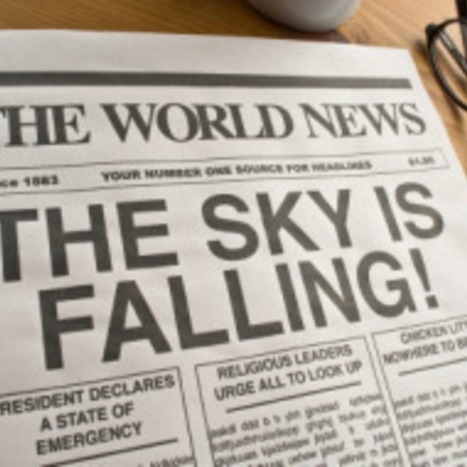







Interesting study on how to resource crisis communications and social media in local government.